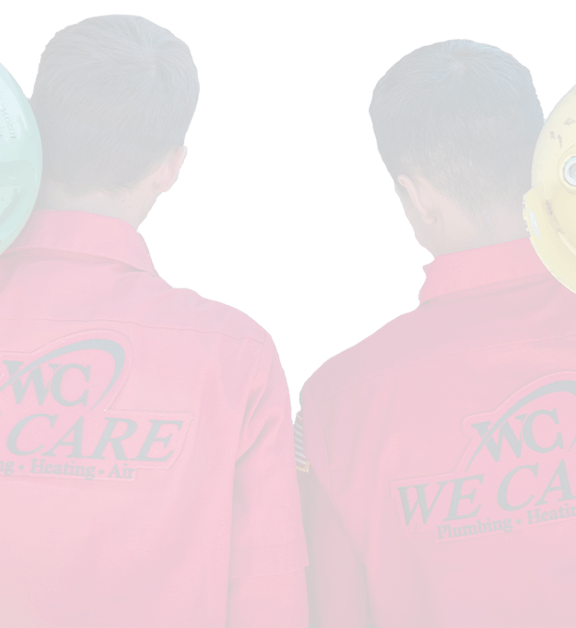With the soaring prices of energy, one should learn how to efficiently consume energy to avoid paying for a costly energy bill. Learning how to improve your home’s energy efficiency is a must. Your energy bill can consume a huge part of your budget, but setting aside some money to purchase a heating and cooling system is one way to improve your home’s energy efficiency. There are other steps and devices that can help improve energy efficiency at home. By being proactive, you can reduce your energy costs by 30% or even more.
How to Improve Your Home’s Energy Efficiency
There are quite a few steps you can take to improve your home’s energy efficiency. You can reduce your hot water bill or prevent air leaks. Here are some steps you can take to improve home energy efficiency:
Proper insulation guarantees that your home uses energy efficiently. Have an expert check your attic and the crawl spaces in your house to make sure that they are properly insulated. By insulating certain parts of your house, your air condition and heating system will not waste energy. Having cracks and leaks fixed will also improve the performance of your heating or cooling system.
Installing new, energy-efficient doors and windows is an effective way to reduce your energy costs. Newer model windows use two or three panes and insulating gas to make sure that your home is properly insulated. Newer steel doors also use polyurethane foam for proper insulation.
Preventing air leaks is another way to make your home energy efficient. Energy-efficient homes seal air leaks to prevent conditioned air from leaving. There are parts of your house where air leaks can happen such as the spaces around your doors and windows, and places where pipes and wires course through. Using a rubber seal can prevent air leaks from happening.
Your cooling and heating systems account for about 40% of your energy consumption especially in summer and winter, but don’t overlook the small things, collectively it can all add up to big savings. For example, your hot water heater is about 12% to 14% of your energy costs. But you can easily reduce your hot water cost by 6% when you reduce the temperature settings. 120° F is the best temperature to reduce your hot water heater setting too, not only does it lower your energy cost but it could also prevent you or a loved one from being badly burned.
These are some of the steps you can take to keep your energy costs low.






